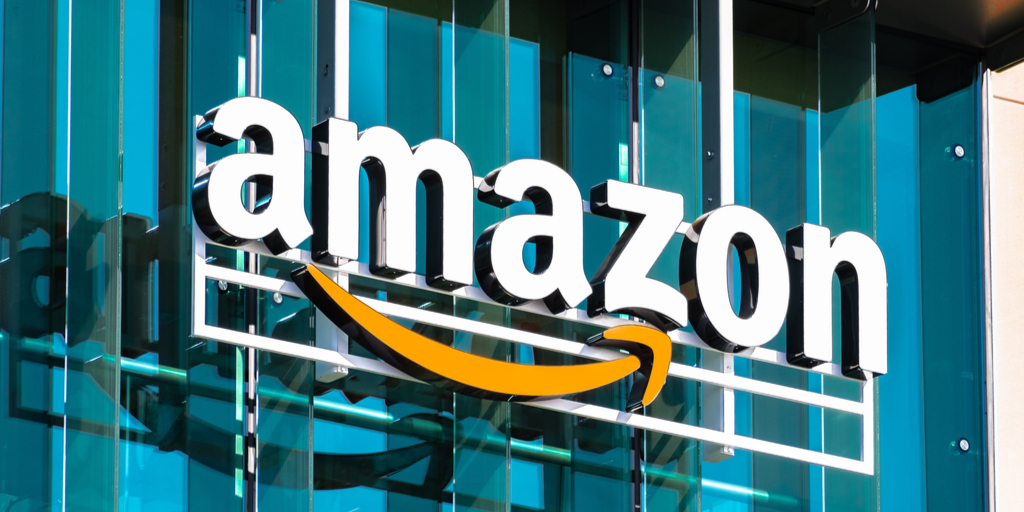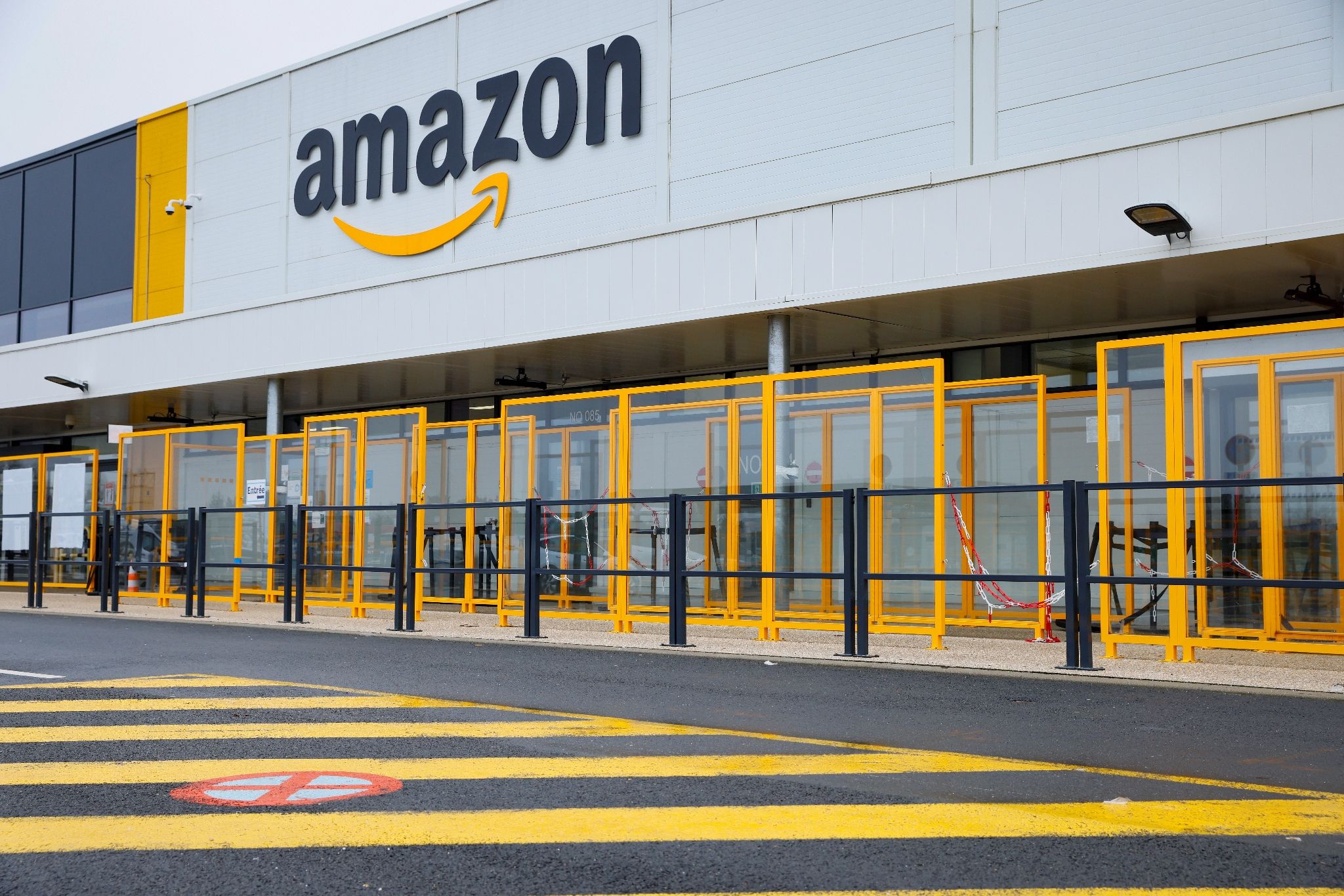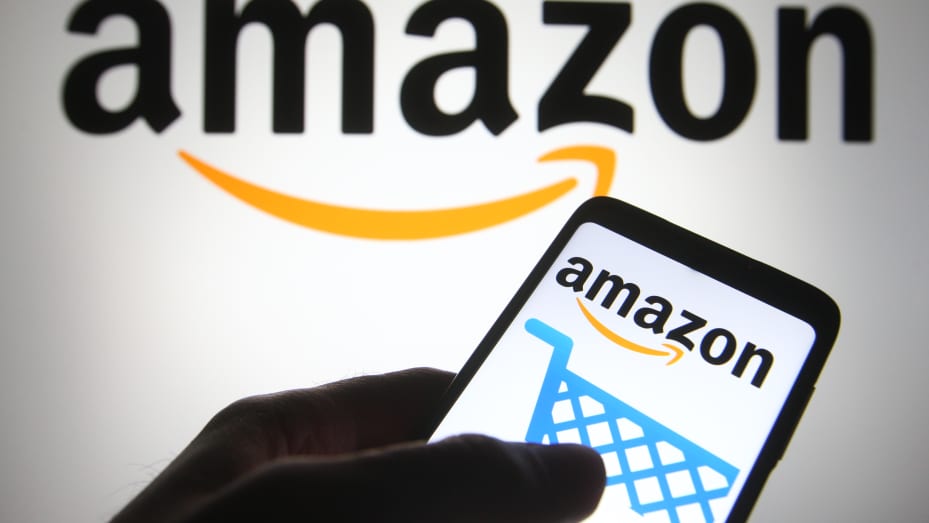Amazon is an American multinational technology company founded by Jeff Bezos in 1994. The company started as an online bookstore and has since expanded to sell a variety of products and services, including electronics, apparel, food, and more. Amazon's success has been driven by its commitment to customer service, innovation, and a focus on long-term growth. Today, Amazon is the world's largest online retailer and one of the most valuable companies in the world, with a market capitalization of over $1.6 trillion.
The History of Amazon
Amazon started as an online bookstore in 1995, with a mission to become the world's most customer-centric company. Jeff Bezos, Amazon's founder, believed that the internet would revolutionize the way people shop, and he wanted to create an online store that offered a vast selection of books at competitive prices. Within a month of launching, Amazon had sold books to all 50 US states and 45 countries.
In 1997, Amazon went public, and the company's growth exploded. Amazon started selling a broader range of products, including music, electronics, and toys, and launched its own line of electronic devices, starting with the Kindle e-reader in 2007. Amazon has also expanded into new markets, including groceries, healthcare, and cloud computing.
Amazon's Business Model:
At the core of Amazon's business model is its focus on the customer. Amazon's mission is to be the earth's most customer-centric company, and it has achieved this by offering a vast selection of products, low prices, and fast, reliable shipping.
Amazon has also leveraged technology to its advantage. Its recommendation engine uses data and algorithms to suggest products that customers might be interested in based on their browsing and purchase history. Amazon's fulfillment centers are also highly automated, with robots picking and packing products to minimize human error and speed up the delivery process.
How Amazon Works
Amazon's business model is based on three main pillars:
- Retail Operations: Amazon sells products directly to consumers through its website and mobile app. Amazon has a vast selection of products, including both its own products and those of third-party sellers.
- Amazon Prime: Amazon's subscription service provides members with free shipping, streaming of movies, TV shows, and music, and other perks like discounts and early access to deals.
- Amazon Web Services (AWS): A cloud computing platform that provides a range of services, including storage, computing power, and analytics. AWS is one of the most profitable parts of Amazon's business, generating billions of dollars in revenue each year.
- Amazon uses a range of technologies to power its operations, including artificial intelligence, machine learning, and big data analytics. These technologies enable Amazon to personalize its product recommendations, optimize its supply chain, and improve its customer service.
- The Impact of Amazon on the Retail Industry
- Amazon's rise has had a significant impact on the retail industry, with many traditional brick-and-mortar retailers struggling to compete. Amazon's low prices, vast selection, and fast shipping have made it the go-to destination for millions of consumers worldwide.
- However, Amazon's success has also raised concerns about its market power and impact on small businesses. Some critics argue that Amazon's dominance has led to the closure of small retailers and reduced competition in the market. Additionally, Amazon has been criticized for its treatment of workers and its impact on the environment.
FAQs:
Q. How did Amazon get its name?
A. Jeff Bezos chose the name Amazon because it's the largest river in the world and he wanted his company to be the largest bookstore in the world.
Q. What is Amazon Prime?
A. Amazon Prime is a subscription-based service that offers free shipping, streaming of movies and TV shows, music, and other benefits to members.
Q. How has Amazon disrupted the retail industry?
A. Amazon has disrupted the retail industry by making online shopping more convenient, affordable, and accessible. It has also put pressure on traditional brick-and-mortar stores to adapt to changing consumer behaviors.
Conclusion:
Amazon has transformed the retail industry and becomes one of the most successful companies in the world. Its commitment to customer service, innovation, and long-term growth has allowed it to expand into new markets and become a leader in cloud computing. While Amazon's success has raised concerns about its impact on small businesses and the environment, there is no doubt that it has revolutionized the way people shop and live. As Amazon continues to grow and innovate, it will be interesting to see what the future holds for this iconic company.





